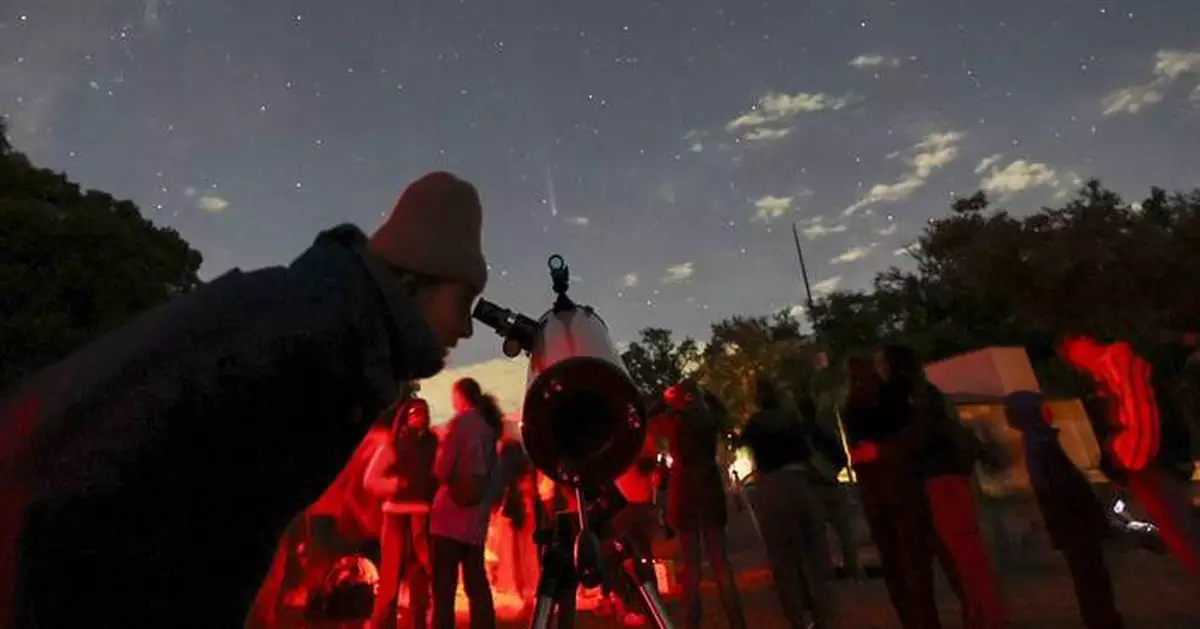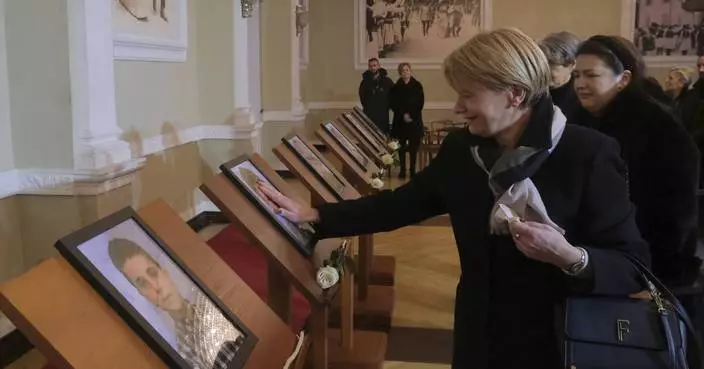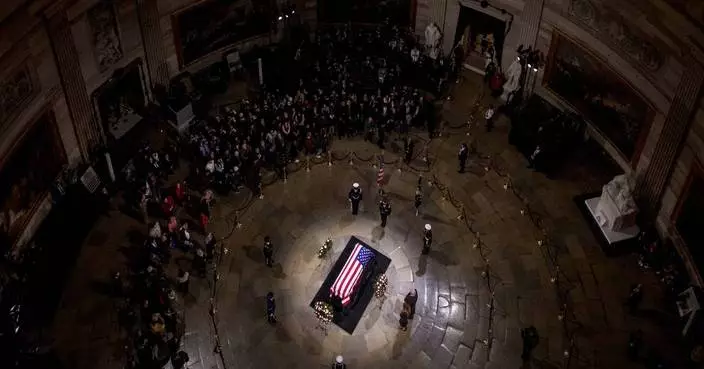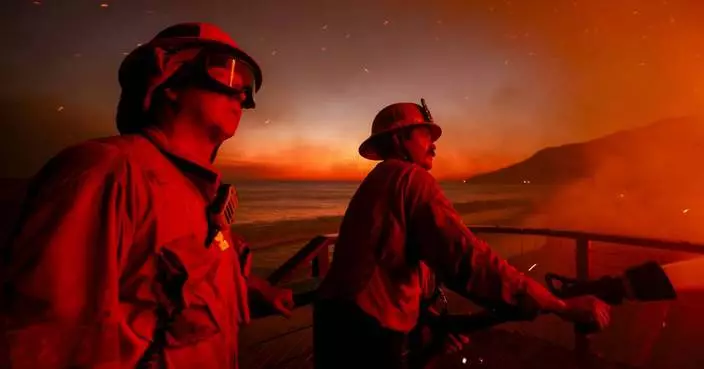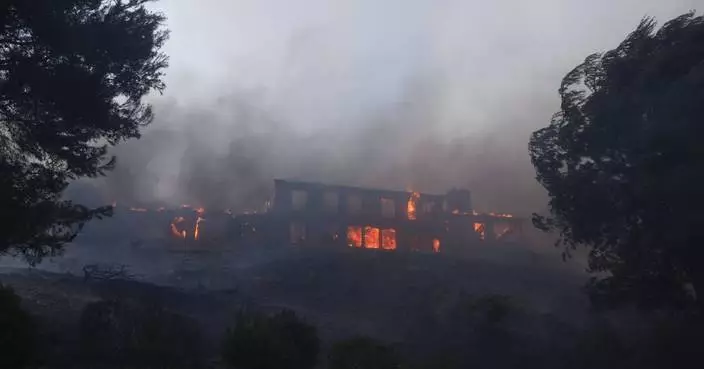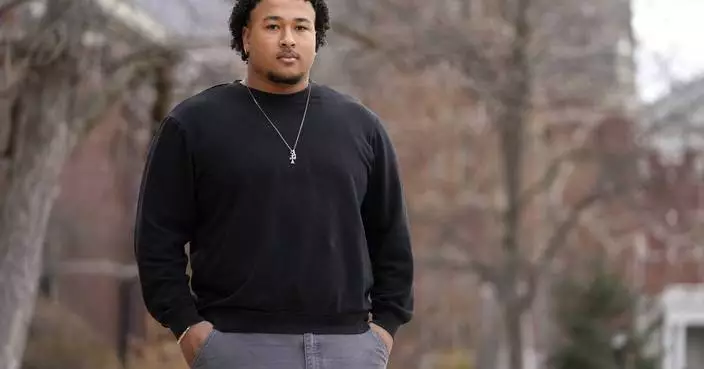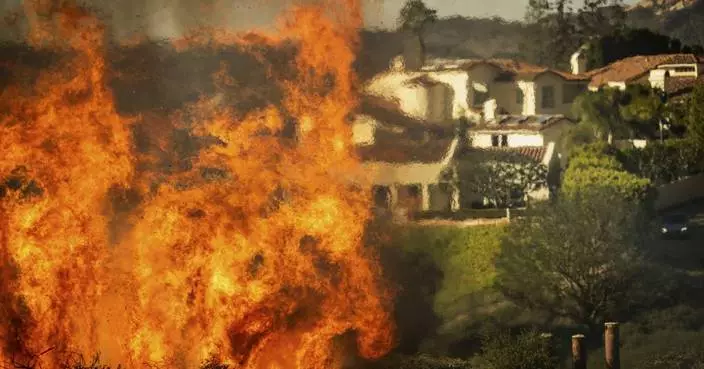SANTA FE, N.M. (AP) — Advocates for limits on indiscriminate outdoor lighting that obscures night skies worldwide are recognizing efforts by an oil and natural gas developer to reduce scattered light in New Mexico.
DarkSky International, an advocacy group for preserving or restoring views of starry skies, announced on Wednesday its first-ever certification of oil and natural gas sites that seek to reduce unwanted light pollution.
It recognized Denver-based Franklin Mountain Energy for lighting retrofits at two sites and one new location within a major oil production zone in southeastern New Mexico. The projects are expected to reduce skyglow at locations including Carlsbad Caverns National Park, a remote gathering point for astronomy buffs and night hiking.
“It doesn’t do anything to impact their bottom line — it actually makes the workplace safer,” said Peter Lipscomb, vice chair of the New Mexico chapter of DarkSky International, because sensible lighting reduces direct glare that otherwise can make it harder for workers to see.
“Being rewarded by (seeing) the dark skies of our ancestors, all those things together, it's a winning combination.”
Franklin Mountain Energy cofounder Audrey Robertson said the lighting changes reduce electricity consumption. The company said in a statement that it worked on the effort with an alliance of federal land and parks agencies, telescopic observatories and the New Mexico Oil and Gas Association. Recommendations from the alliance include equipment that directs light downward onto work areas and limits light that is cast upward into the sky.
Stargazers worldwide are grappling with the encroachment of outdoor lighting at night.
A 2023 study that analyzed data from more than 50,000 amateur stargazers found that artificial lighting is making the night sky across the world about 10% brighter each year. As of 2016, more than 80% of the world lived under light-polluted skies that obscure the Milky Way.
New Mexico state lawmakers are drafting a proposed update to a 1999 law that regulates outdoor night lighting in the state’s high-altitude mountains and desert. The initiative responds to a rapid increase in light pollution amid advances in energy-efficient LED technology that has spurred more outdoor night lighting that is often unshielded.
The National Park Service has set the protection of dark night skies as a priority at remote locations including the Chaco Culture National Historic Park, an area of New Mexico that Native Americans consider sacred. More than 99% of the park has no permanent outdoor lighting.
Lipscomb also credited oil operators in West Texas that are embracing changes to protect starry skies in collaboration with the McDonald Observatory, near Fort Davis, where research and education depends on dark nights.
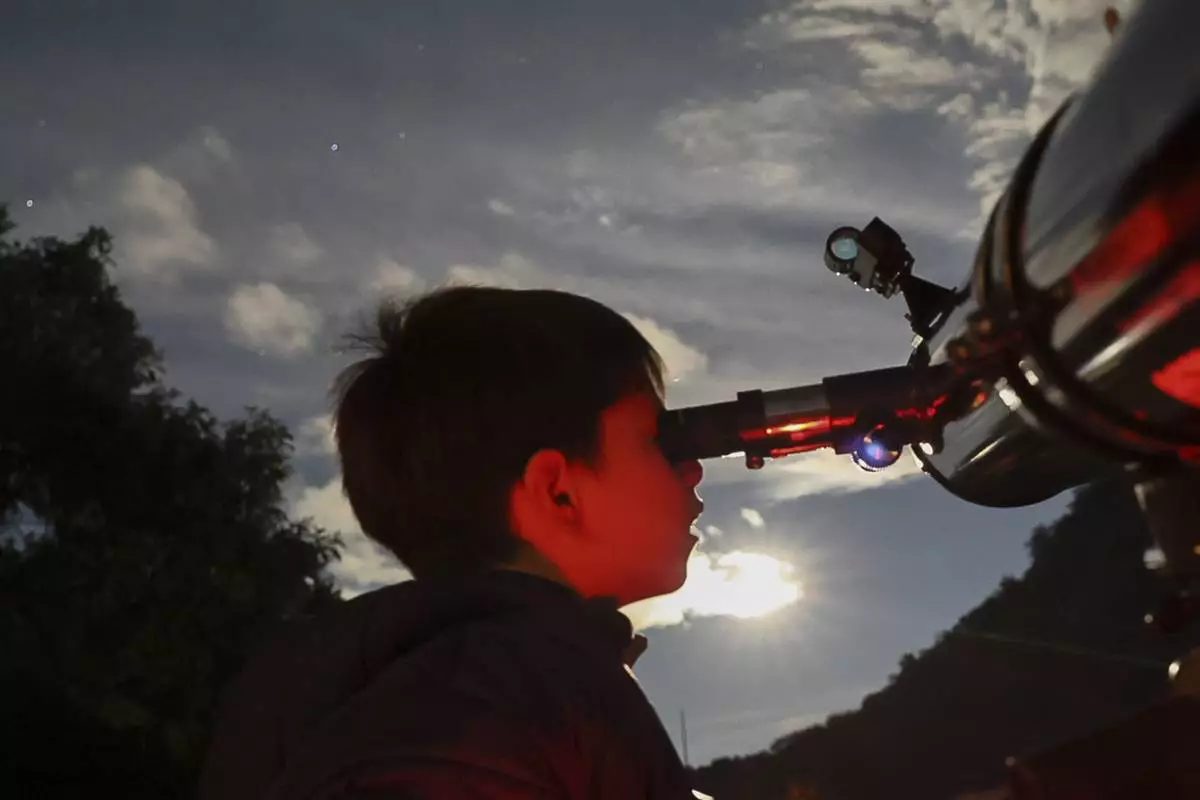
FILE - A youth looks through a telescope during a stargazing and comet-watching gathering at Joya-La Barreta Ecological Park in Queretaro, Mexico, Saturday, Oct. 19, 2024. (AP Photo/Ginnette Riquelme, File)
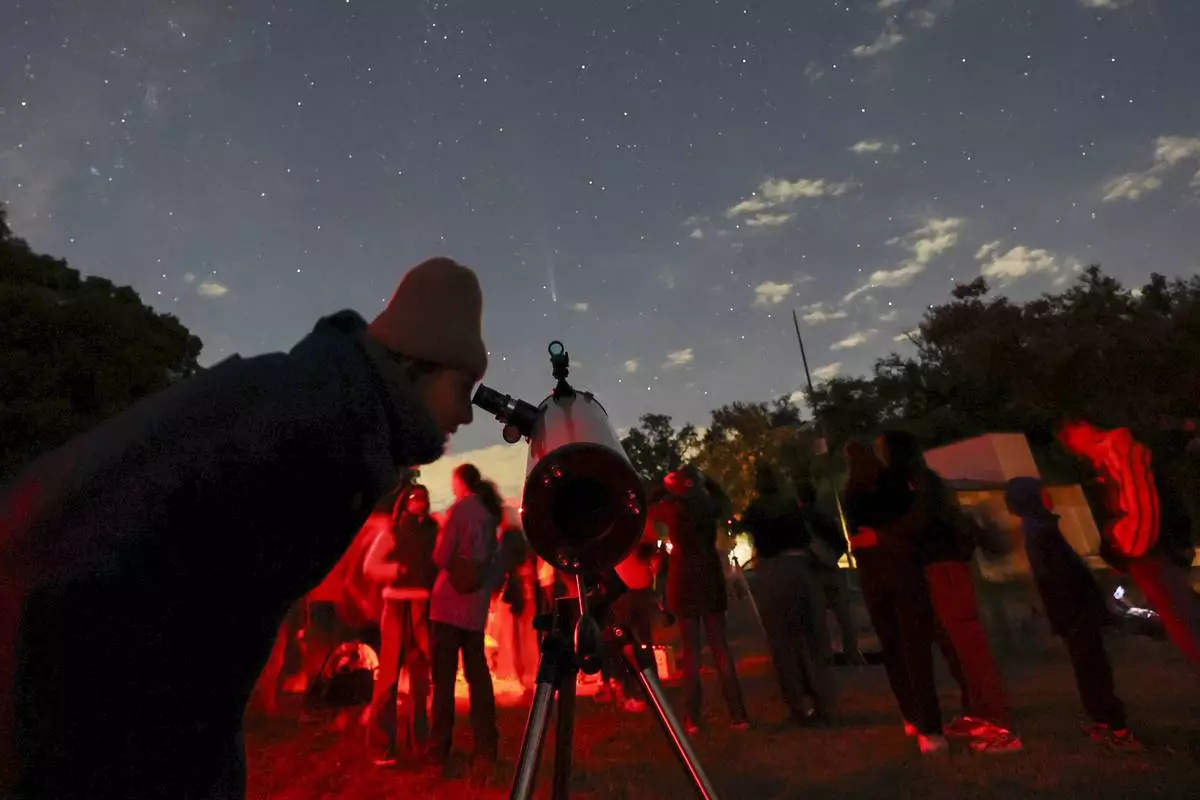
FILE -People attend a stargazing and comet-watching gathering at Joya-La Barreta ecological park in Queretaro, Mexico, Saturday, Oct. 19, 2024. (AP Photo/Ginnette Riquelme, File)
COLUMBUS, Ohio (AP) — The Ohio Supreme Court heard oral arguments Wednesday in a long-running public records case pitting the state’s top law enforcement officer against a national watchdog group that is digging into his ties with the Republican Attorneys General Association.
At issue is whether GOP Attorney General Dave Yost should be required to provide records to an appeals court that had been requested by the Center for Media and Democracy, which pertain to the nonprofit Republican association as well as its fundraising arm, the Rule of Law Defense Fund. Yost's office also is fighting a magistrate's order requiring the attorney general to be deposed in the now five-year-old case.
The center, an investigative group, is seeking records from a period when RAGA — a nonprofit that accepts corporate donations — organized a letter opposing clean air restrictions to the U.S. Environmental Protection Agency that was signed by Republican attorneys general. More recently, the association came under fire for soliciting thousands of supporters of Donald Trump to march on the U.S. Capitol on Jan. 6, 2021.
Ohio Solicitor General T. Elliot Gaiser told the court Wednesday that its decision could have ramifications for public records law in the state.
“Essentially, this is a question of if a precedent is set for a deposition of an attorney general in this case, it would be open season for lawfare and the weaponization of the public records act for witchhunts by every gadfly,” Gaiser said.
The center initially requested the documents in March 2020, including records associated with RAGA's winter meeting of that year.
Yost responded at the time that his office had no pertinent records to turn over or that the information being sought wasn’t a record. As part of a legal challenge by the center, a Tenth District Court of Appeals magistrate ordered his office to answer a series of questions about the communications and subsequently directed him to produce certain documents for private, in-camera review.
The lower court said a review of the requested materials would help it determine whether they were public records or not — dependent on factors such as whether the communications were carried out on state time, were conducted by public employees or involved Yost’s official duties.
Yost appealed the magistrate's orders to the state's high court, arguing in part that searching for the requested records would potentially reach into the communications of Republican attorneys general in other states as well as his own staff’s personal and campaign email accounts.
He has also said that the discovery could potentially sweep in irrelevant information having nothing to do with RAGA or its fundraising arm, such as communications about multistate lawsuits his office might be involved in, say, against an e-cigarette maker or Google.
Chief Justice Sharon Kennedy asked Wednesday whether the lower court’s order might be asking too much of the state — for it to produce information, as opposed to records. Justice Jennifer Brunner, the panel's lone Democrat, asked whether allowing the public official to determine on their own that records aren't public would be a slippery slope.
“Depending on how this decision comes out, if an official decided to engage in illegal or unethical behavior, he would just simply do it on a private email and the public would probably not be able to find out,” she said.
Jeffrey Vardaro, the Center for Media and Democracy's attorney, reminded the court that the outstanding order would merely allow the Tenth District magistrate — not the center or the public at large — to review certain documents. He said that undercuts the state's argument that the lawsuit is intended to harass or embarrass Yost, who he reminded has the job of enforcing Ohio's public records law.
Vardaro warned the court against making a decision that could allow a public official to unilaterally determine that "entire categories of what should be public records are not public," prevent courts from weighing in, and empower the official to “refuse to testify about what the records were even about.”
“And so it would take the Sunshine Act and turn it into a black box," he added.

FILE - Ohio attorney general Dave Yost speaks during a rally for Republican vice presidential candidate Sen. JD Vance, R-Ohio, in Middletown, Ohio, July 22, 2024. (AP Photo/Paul Vernon, File)




